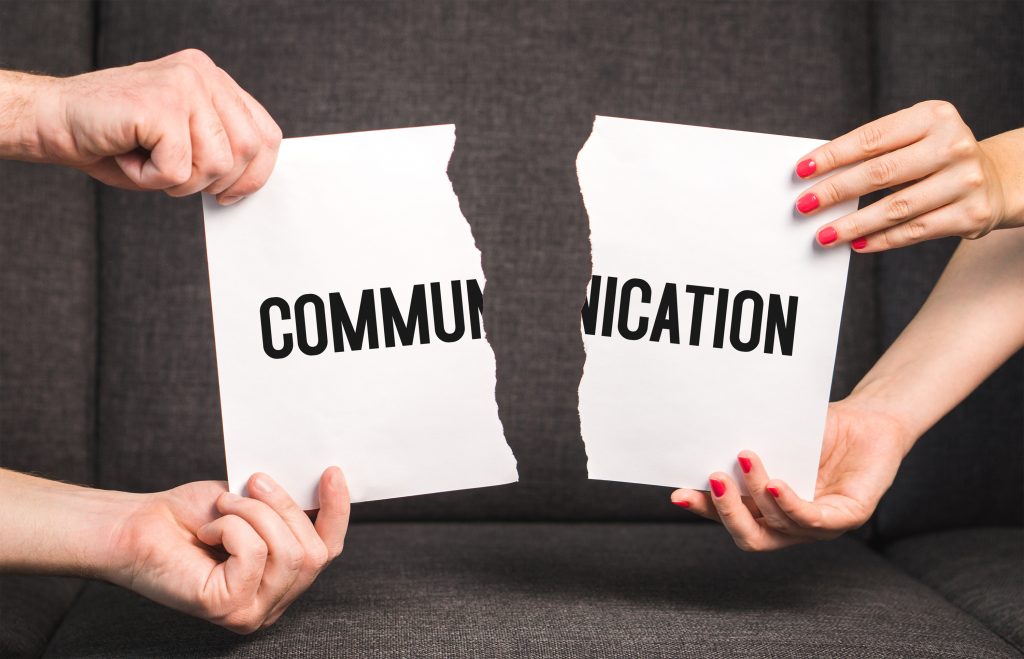
A conducive and ideal work environment is optimal when it comes to enhancing staff productivity, teamwork, and job efficiency, as well as keeping employees motivated. However, creating that positive atmosphere takes more than just a comfy chair and a wide window-facing desk.
Four main factors that contribute to a conducive working environment are a committed workforce, clean and comfortable office space, availability of natural light, and clear communication on all levels.
These are the elements that make employees feel enthusiastic and always looking forward to having a good start at work each day. Although this is what everyone seeks, it can be far from reality as any workplace will have its fair share of drama.
You're bound to run into one (or more!) person who enjoys causing conflict, and somehow trying to ruin your perfectly great day at work. So, what should you do if you come across an individual like that, and find yourself in a difficult situation?
To provide you with a clearer perspective, let’s delve into the meaning of conflict, what it is about, what are the ways to deal with it, and how to resolve your workplace conflict.
According to the Cambridge Dictionary, conflict is “an active disagreement between people with opposing opinions or principles”. What that basically means for a workplace is that employees don’t see eye-to-eye when working together.

That is why the minute we hear the word ‘conflict’, the first thing that probably comes to mind is a tense situation where one or more people are bickering, while the rest are trying to ignore them or frowning in dissatisfaction.
Conflict in the workplace is indeed unavoidable, but not all are bad! Conflict comes in many forms and some can be good. You can tell the difference by looking at the outcome.
If the conflict is constructive and brings out the best in employees, then it's good. On the other hand, bad conflict is destructive, and takes a negative emotional toll. Below are some common examples of good and bad conflict in a workplace:

Source: Rumie-Learn
No matter which industry you work in, conflict is inevitable in any organisation. It could be due to various reasons including individual differences in cultural background, personality, and learning styles.
The following are some of the main reasons why some people are prone to causing unnecessary conflict situations at work:
Poor communication between team members, or between employees and the management, is a common source of workplace conflict. Misinformation can cause tension and misunderstanding among the employees.

Individuals with different perspectives coexist in any organisation. When people cannot accept and recognise each other's differences, that is how conflict arises.
Employee resistance to change is one of the most prominent reasons for workplace conflict. This frequently occurs when they refuse to follow their management's directions to implement new procedures or make unexpected changes to their job routine.
When employees are unsure of what is expected of them, they can feel demotivated and undervalued. Some employees may also take this for granted and leave a task uncompleted, because they believe they're not responsible for it.
Different personalities exist in every work environment as people come from different backgrounds, cultures, experiences, and demographics. Conflict will arise unless employees learn to work together and embrace each other's differences.

When management fails to notice that one or more employees in a department are underperforming and not working to their full capacity, conflict is bound to happen.
Organisations with a toxic work culture not only lead to conflict but also hurt productivity. Other hostile situations are bullying and abusive behaviour between team members.
Some managers could be biased and only listen to one side of the story. This lack of competent supervision can cause workplace disagreements because there is negative interaction from the management when dealing with issues.
When faced with conflicts, so many scenarios emerge as to how you should handle the situation and, of course, the person who caused it. First off, you should accept that conflict is a natural part of life and that it can occur frequently.
Always maintain a cool demeanour so that you may remain in control of the situation and your actions. You don't want to make a mistake or say something hurtful that you'll come to regret, or worse, that'll cost you your job.
Here are some other ways of dealing with workplace conflict and difficult people:

While we have the right to express our opinions and dissatisfaction, confronting and opposing every matter that we disagree on, may not be the best approach. It could backfire, putting you in a bad light with your superiors and co-workers.
One good way is to keep a safe distance from people who are toxic and always spreading rumours, be it in the office or on your social media. If you ever feel that tensions are still lurking despite your best efforts, get a third person, someone who is familiar with the issue, to assist you.
Nonetheless, the end goal is always to reach a positive conflict resolution. These are some approaches for resolving workplace conflict:

Conflict can lead to stress, exhaustion, and depression if it isn't resolved quickly. If you ever find yourself in an unpleasant working situation, learn to protect yourself using the measures listed below:
It's clear by now that conflict is completely normal at any workplace. However, depending on how we interpret conflict and the outcomes that arise, it can be either constructive or destructive.
Some individuals believe that avoiding conflict is the simplest way to cope with it, yet this isn't always the best approach. Instead, effective communication and listening are essential for resolving conflicts and improving staff morale.
Remember that you spend eight hours or more a day at work every week, so take advantage of your 'me' time at work, surround yourself with the right crowd of colleagues, and attempt to resolve problems whenever time permits.
By actively addressing conflict when it arises, both employees and management can progress toward a more positive work atmosphere.